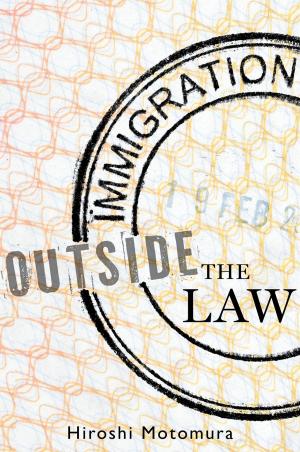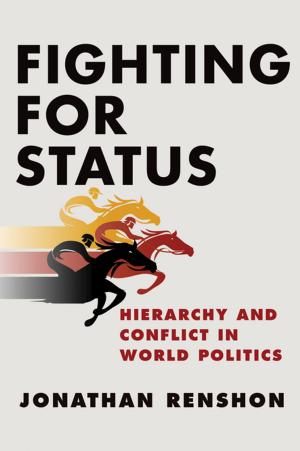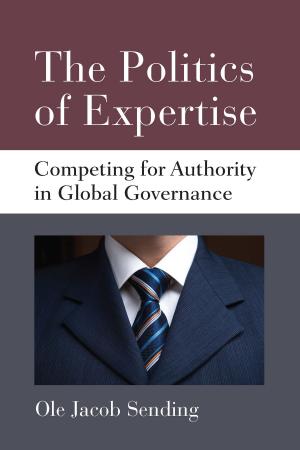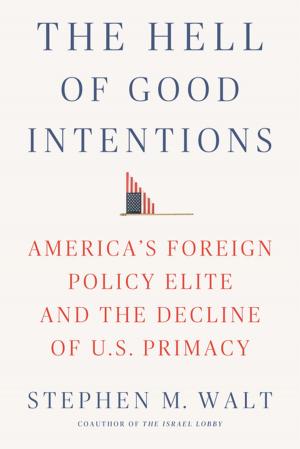| Author: | Elina Salajeva | ISBN: | 9781310008627 |
| Publisher: | Elina Salajeva | Publication: | July 13, 2016 |
| Imprint: | Smashwords Edition | Language: | English |
| Author: | Elina Salajeva |
| ISBN: | 9781310008627 |
| Publisher: | Elina Salajeva |
| Publication: | July 13, 2016 |
| Imprint: | Smashwords Edition |
| Language: | English |
On June 23 2016 the British people held a referendum in which the majority voted to leave the EU. The main reasons being that Britain wants to be a sovereign state once again, they no longer want the EU to dictate what to do or what not to do. The British government now want to make their laws and regulations, they want powers to make their own decisions. They want to be able to control their borders and to decide who should and should not come to Britain. They want to impose restrictions on what benefits are available to EU members and how long the EU members have to be in the country in order to get the benefits.
The British government now want to manage their own finances, they want the Bank of England to be able to set interest rates that are suitable to them. They want to control how they will deal with a financial crisis in the future, they no longer want the EU to set limits to the amount they can borrow in case of a recession. In short the British government is advocating for the ability to make their own economic and fiscal policies that are specific to Britain.
The feelings in Brussels especially among Germany and France, the two EU super-states, is that of anger and dismay with Britain. They feel let down by Britain, they want to take a hard stance when dealing with Britain, they want to set it as an example. The main reason being that Britain’s exit might set a series of small tsunamis that can destabilize and threaten the existence of the EU. They don’t want to witness a chain reaction which they might be unable to control. Their point is that, now that Britain has insisted on leaving the EU, they want Britain out, and they are urging London to invoke article 50 as soon as possible. Their main concern is that any delay and uncertainty will not be good for the EU economy . The leaders in Brussels want Britain out without any renegotiations, they have hinted that it will not be fair to cherry pick their policies as what Britain is trying to do. If you want to be a member then you have to abide by the rules and regulations of the EU, you cannot cherry pick what you think is best for you and choose to ignore other regulations. The British had refused to adopt the euro as part of their membership. The EU leadership believes that the EU was formed with the idea of a single market, a market with the same currency and free movement of people, goods and services. The only way to stimulate growth and development is for every member state to follow and implement the rules and regulations, to use the single euro currency and to allow free movement of goods and services. Some EU leaders have argued that Britain with it’s rejection of using the euro was frustrating growth and development and it was not easy for the EU to realize it’s full potential.
Britain has realized that although they had benefited over the years by being in the EU, now it’s time they do it alone. The EU has been very helpful in the initial years, with easy access to labour, biggest market and resources, it has managed to stabilize it’s declining economy since joining in 1973.
On June 23 2016 the British people held a referendum in which the majority voted to leave the EU. The main reasons being that Britain wants to be a sovereign state once again, they no longer want the EU to dictate what to do or what not to do. The British government now want to make their laws and regulations, they want powers to make their own decisions. They want to be able to control their borders and to decide who should and should not come to Britain. They want to impose restrictions on what benefits are available to EU members and how long the EU members have to be in the country in order to get the benefits.
The British government now want to manage their own finances, they want the Bank of England to be able to set interest rates that are suitable to them. They want to control how they will deal with a financial crisis in the future, they no longer want the EU to set limits to the amount they can borrow in case of a recession. In short the British government is advocating for the ability to make their own economic and fiscal policies that are specific to Britain.
The feelings in Brussels especially among Germany and France, the two EU super-states, is that of anger and dismay with Britain. They feel let down by Britain, they want to take a hard stance when dealing with Britain, they want to set it as an example. The main reason being that Britain’s exit might set a series of small tsunamis that can destabilize and threaten the existence of the EU. They don’t want to witness a chain reaction which they might be unable to control. Their point is that, now that Britain has insisted on leaving the EU, they want Britain out, and they are urging London to invoke article 50 as soon as possible. Their main concern is that any delay and uncertainty will not be good for the EU economy . The leaders in Brussels want Britain out without any renegotiations, they have hinted that it will not be fair to cherry pick their policies as what Britain is trying to do. If you want to be a member then you have to abide by the rules and regulations of the EU, you cannot cherry pick what you think is best for you and choose to ignore other regulations. The British had refused to adopt the euro as part of their membership. The EU leadership believes that the EU was formed with the idea of a single market, a market with the same currency and free movement of people, goods and services. The only way to stimulate growth and development is for every member state to follow and implement the rules and regulations, to use the single euro currency and to allow free movement of goods and services. Some EU leaders have argued that Britain with it’s rejection of using the euro was frustrating growth and development and it was not easy for the EU to realize it’s full potential.
Britain has realized that although they had benefited over the years by being in the EU, now it’s time they do it alone. The EU has been very helpful in the initial years, with easy access to labour, biggest market and resources, it has managed to stabilize it’s declining economy since joining in 1973.















